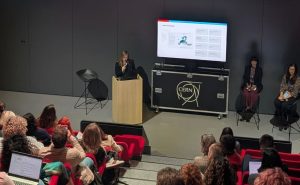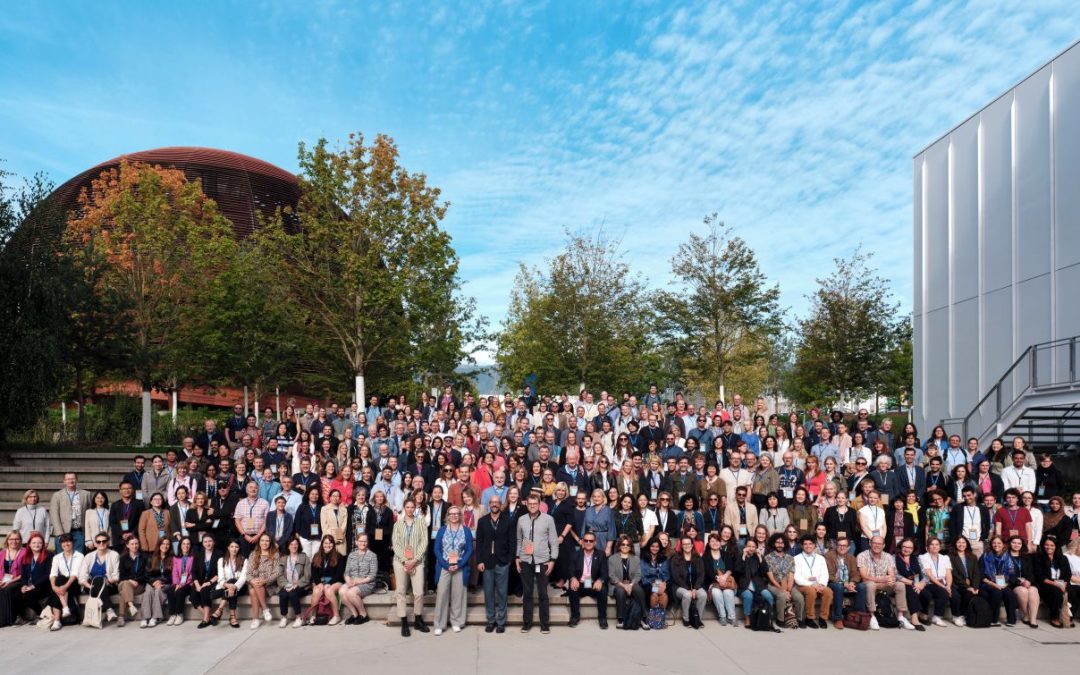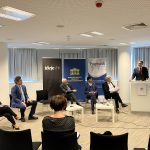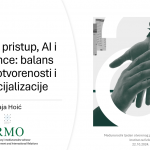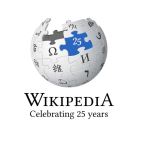Maja Hoić, librarian at the Institute for Development and International Relations (IRMO), participated in the international Open Science Fair 2025 (OS Fair), held at CERN in Geneva, Switzerland, from 15 to 18 September 2025.
On 16 September, she delivered a presentation entitled “Assessing Open Science Policy Landscapes in the EU: A Socio-Epistemological Evaluation”, presenting preliminary results of research on the development and implementation of national open science policies in EU member states, with particular emphasis on alignment with the European Open Science Cloud (EOSC) initiative and broader EU digital agendas. The analysis also includes the case of Croatia, covering the new National Plan for Open Science (2025) as well as the results of a survey on the perception of open science among Croatian researchers and students conducted in 2024-2025.
The presentation showed that open science policies in Europe are developing unevenly. While some member states have established solid legal frameworks and integrated strategies, others rely on softer, consensus-based models strongly linked to EU funding. Croatia was highlighted as an example of a hybrid approach: national infrastructure and plans are aligned with EOSC, but implementation still depends on the support of EU funds and the further strengthening of institutional capacities. Survey results indicate that awareness of open science among Croatian researchers and students remains below the European average, though attitudes are highly positive and there is clear willingness to adopt open practices when adequate support and resources are available.
The conference brought together more than three hundred participants from different parts of the world. Discussions focused on the role of open science in shaping research policies, issues of infrastructure and sustainability, as well as new approaches to research evaluation and assessment. Special attention was given to the impact of European and global initiatives on national practices. The main conclusion highlighted that the next step should focus on establishing and developing systems for the evaluation and monitoring of open science, in order to track implementation activities, measure impacts, and ensure the sustainability of open science policies at both the European and national levels.
